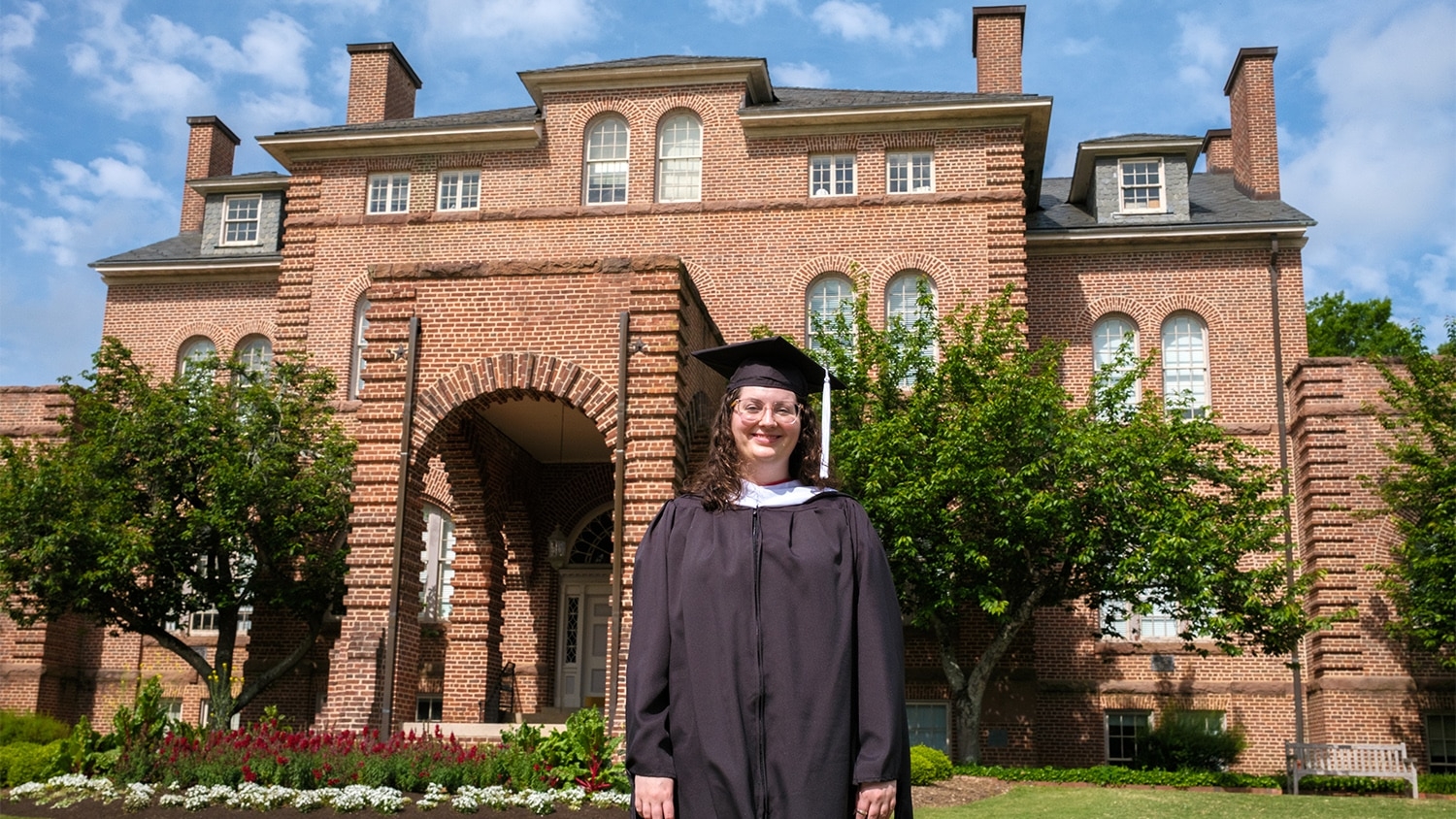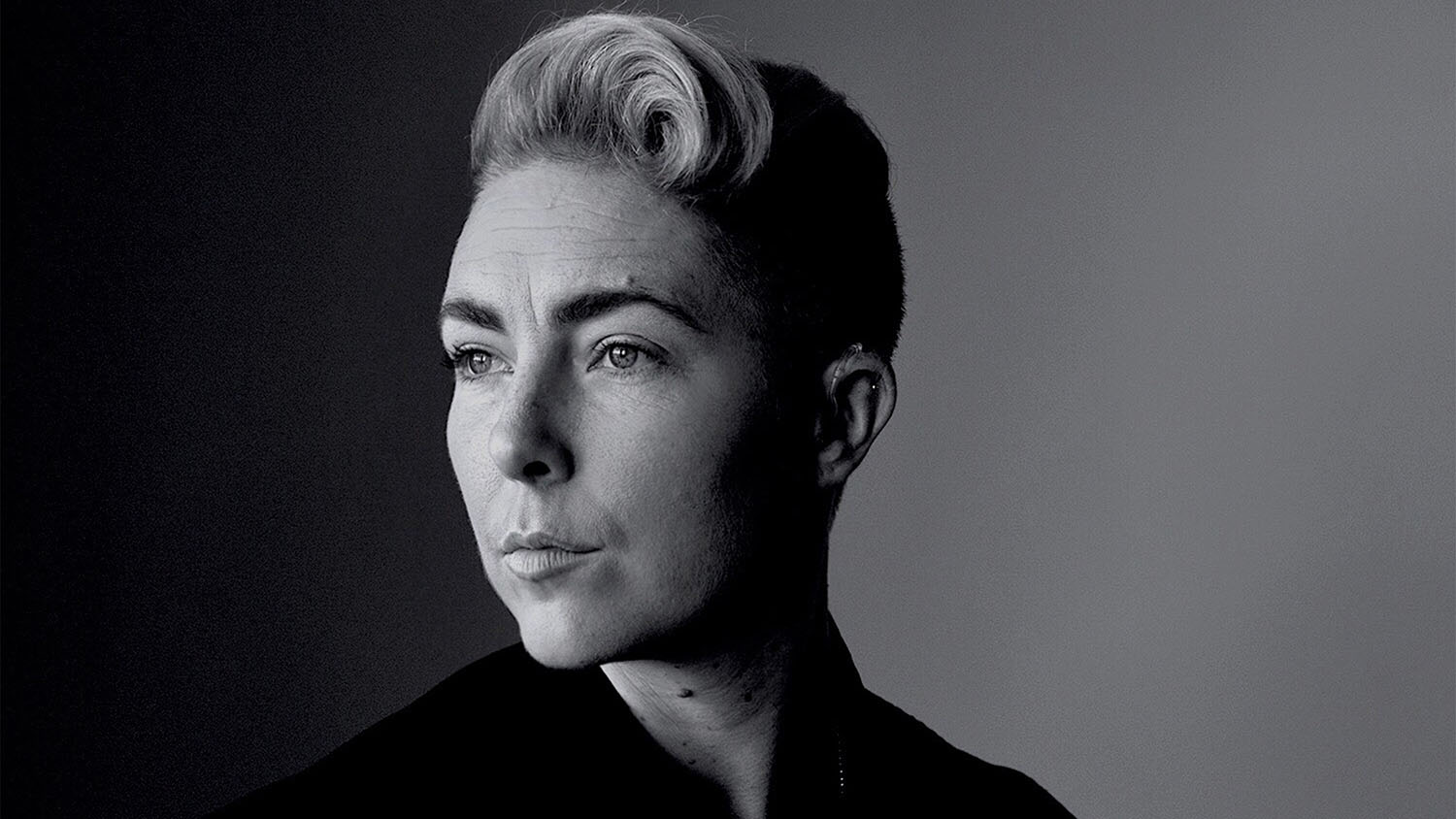The Sprawl of Y’all
Linguistics research explores why the pronoun is spreading beyond the South.
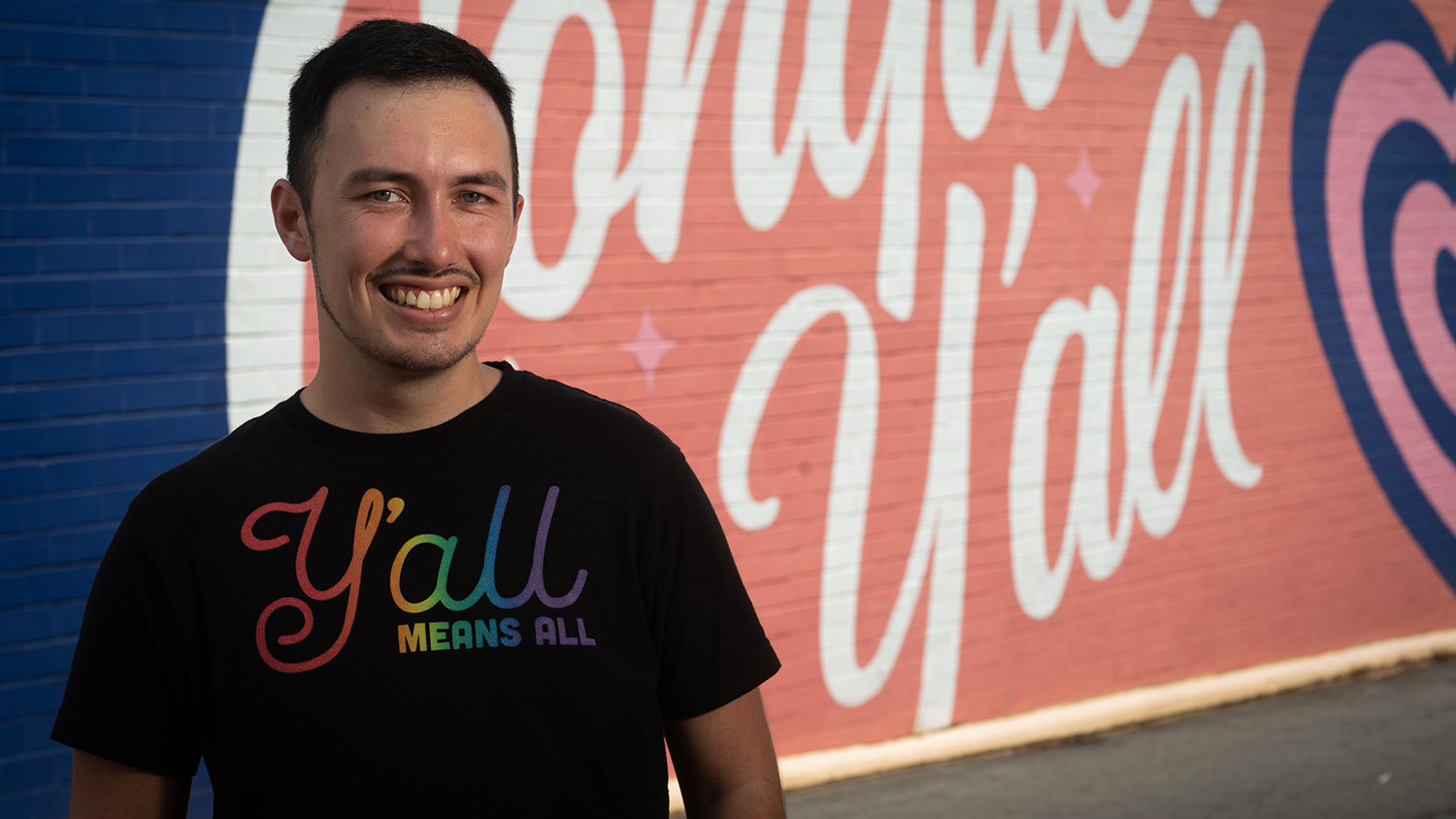
While y’all may be a word as Southern as grits and gravy, its use is extending beyond the Mason-Dixon Line. That’s the theme of Brody McCurdy’s research.
McCurdy, who recently earned an M.A. in English with a concentration in linguistics from NC State, says one of the reasons for what some have labeled the “sprawl of y’all” is its inclusivity. The pronoun also has emerged as a gender-neutral, progressive and all-encompassing alternative to you guys.
Additionally, it underscores slogans like “Y’all Means All,” a response to anti-LGBTQ+ legislation in the South, explains McCurdy, a late adopter of y’all who grew up in Southwest Florida.
What the future holds for y’all is unknown, he says, adding “for now, we can celebrate its versatility.”
We caught up with McCurdy to learn more about his master’s thesis, “Y’all Means All: The Changing Indexicality of a Southernism,” his NC State experience, plans for the future and more.
Why this topic?
I noticed some people were using y’all not to express their Southerness but rather their progressiveness, open-mindedness and queer-affirming stance. That juxtaposition is fascinating.
I was also curious whether y’all’s association with inclusivity could overcome the stigma that has fueled the decline of other features of the Southern dialect.
Additionally, there has been limited research on the pronoun in the past two decades.
What did you study?
Two questions guided my research: How does y’all function and why is it spreading?
To answer the former, I collected some 200 Tweets containing y’all and analyzed them to learn how people were using the pronoun.
For the latter, I conducted 15 one-on-one interviews and collected over 1,000 online survey responses. I asked different questions to three separate groups — native, late and non-y’all users.
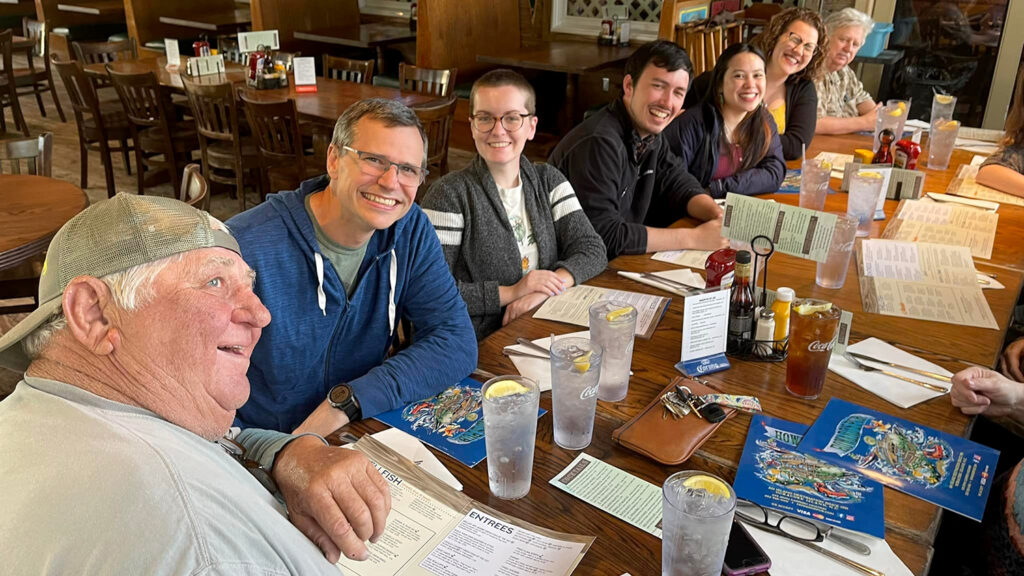
What were the challenges?
Combing through the data, finding overarching patterns and limiting the scope of the project. But, it also was fun and rewarding.
Why now?
Timing is everything. Y’all has been spreading outside the South since the mid-1990s but until recently its spread hasn’t gained widespread attention. A big part of our growing awareness of y’all has to do with conversations we’re having around gender-inclusive and gender-affirming language. It is also increasingly becoming associated with the “woke hipster” stereotype.
Will there be a sequel?
This project captures language change at a particular moment in time. This change, however, is ongoing and we can only make educated guesses about y’all’s future. We’ll have to wait and see.
There will be a part two. Whether that takes the form of academic articles, popular media or a book is to be determined.
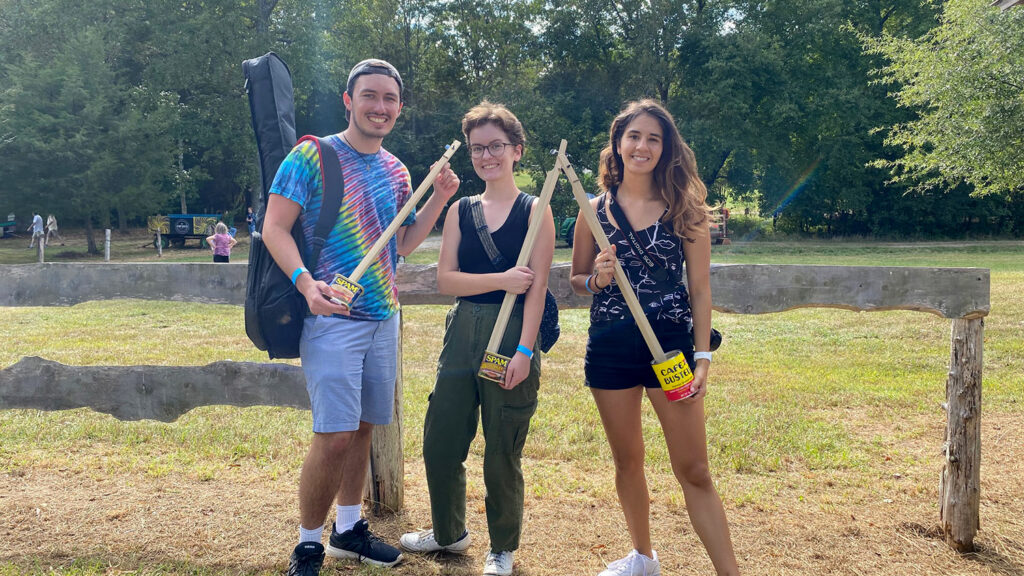
How did NC State impact your future path?
The insight and mentorship of the professors in the English department -– particularly my advisor, professor Jeffrey Reaser -– were invaluable as was the support of my fellow master’s students.
The linguistics program’s emphasis on collaborating with local communities, giving back to the people we work with, and making academic work accessible to the public will be guiding principles moving forward.
What’s next?
This academic year, I will be working as a research associate in NC State’s linguistics program. I will lead the Voices of Chatham County project, which examines how language in the county is changing.
I’ll conduct interviews, do public outreach projects and hopefully continue my y’all research. It’s a dream job.
As for a Ph.D., I’m leaving all doors open and taking one step at a time.
- Categories:

